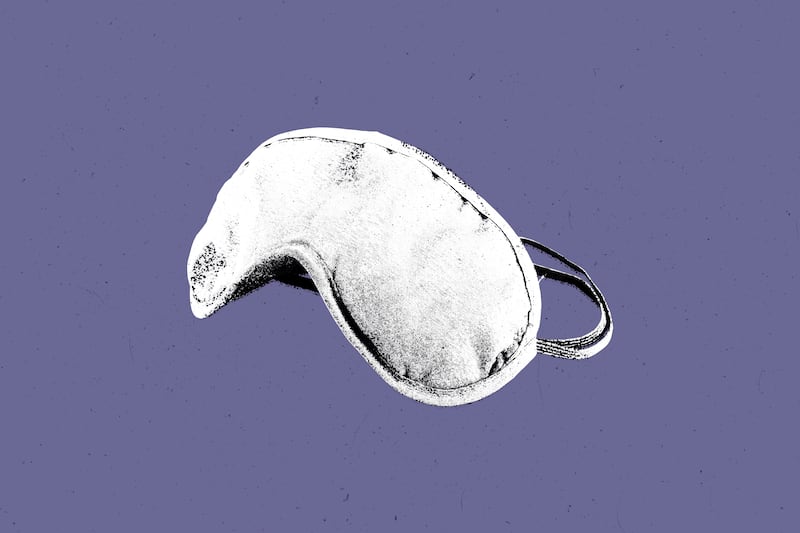Your go-to-bed routine might consist of brushing your teeth, a routine face mask and — for people with excessive sweating at night — preparing a separate set of pajamas in case you wake up drenched in perspiration.
Sweating while sleeping is not rare, according to the Mayo Clinic. The website explains the difference between waking up feeling slight heat in your body and having “night sweats.” “Although uncomfortable, these episodes aren’t usually considered night sweats and aren’t sign of an underlying condition or illness.”
Night sweats are defined by Mayo Clinic as “repeated episodes of very heavy sweating during sleep, heavy enough to soak your night clothes or bedding. They’re often caused by an underlying condition or illness.”
Often it’s accompanied by a fever, cough or pain in a specific area. The New York Times says, “Surveys of adults visiting their primary care doctors for unrelated reasons have found that between 10% and 40% say they experience night sweats at least occasionally.”
The American Osteopathic Association lists normal activities that could trigger night sweats, including too many blankets, working out before bedtime or eating a spicy meal before you go to sleep.
Educational health platform Sleep Foundation says that “some antidepressants known as selective serotonin reuptake inhibitors, steroids and medicines taken to lower fevers, such as aspirin or acetaminophen” can also cause night sweats.
Dr. Kate Rowland, associate professor of family medicine at Rush University Medical College in Chicago, told The New York Times that experiencing night sweats could be a symptom of malaria, menopause, tuberculosis or HIV infection, among other conditions.
If night sweats regularly occur, Rowland advised consulting a doctor.
Suggestions for comfortable sleep
Dr. Andrea Matsumura, a sleep medicine physician at the Oregon Clinic in Portland and a spokeswoman for the American Academy of Sleep Medicine, suggested, according to The New York Times, reducing the temperature in your room and switching up your sleepwear before sleeping. Your pajamas should be breathable if you’re prone to night sweats.
Matsumura also “recommended avoiding exercise, drinking alcohol or hot beverages, and eating a heavy meal too close to bedtime, all of which she said can cause sweating during the night.”
The Deseret News has recently reported, “Good sleep hygiene includes strategies such as developing a bedtime routine that helps you wind down for the evening, limiting the use of electronic devices near bedtime, keeping the bedroom dark and cool and going to bed and waking up at the same time each day.”


